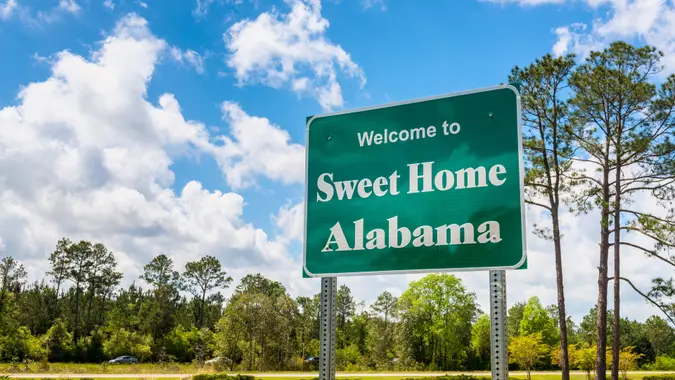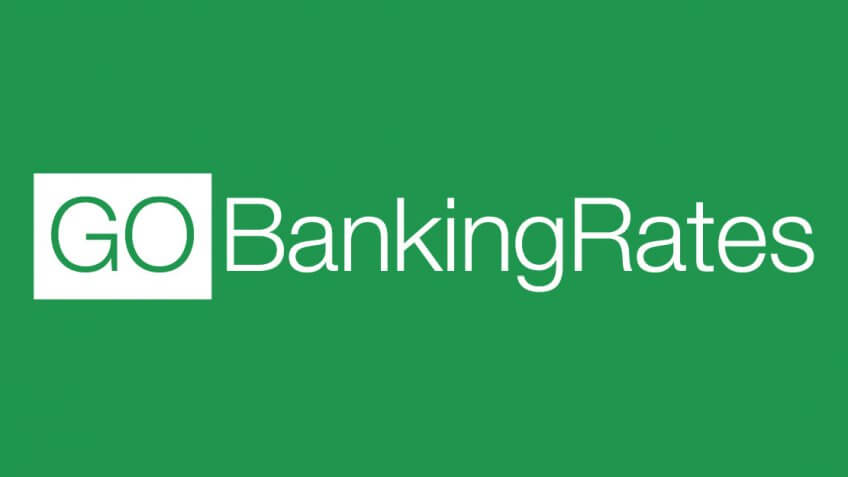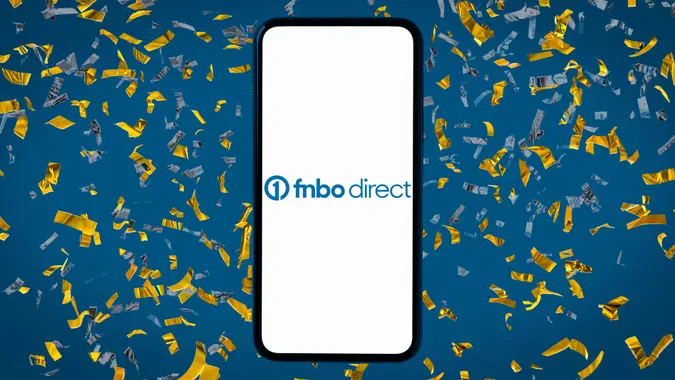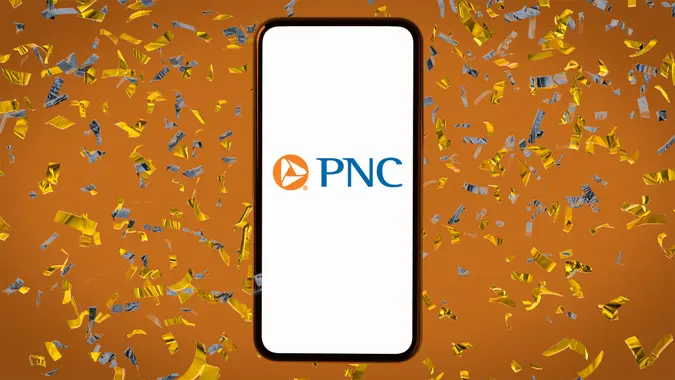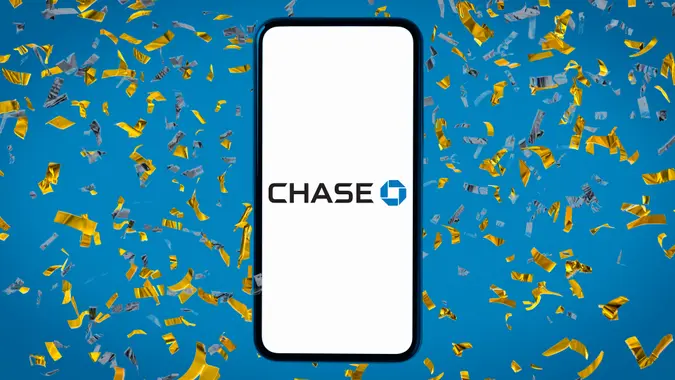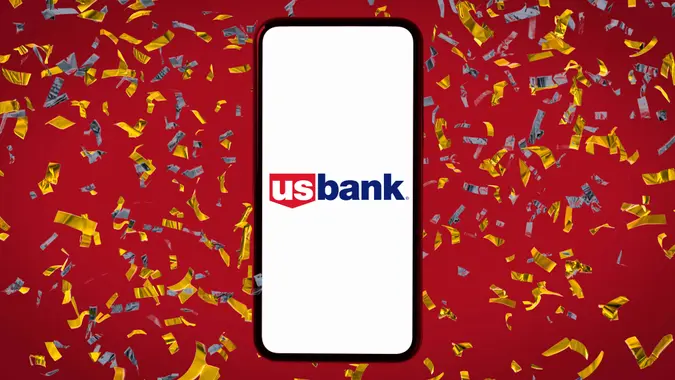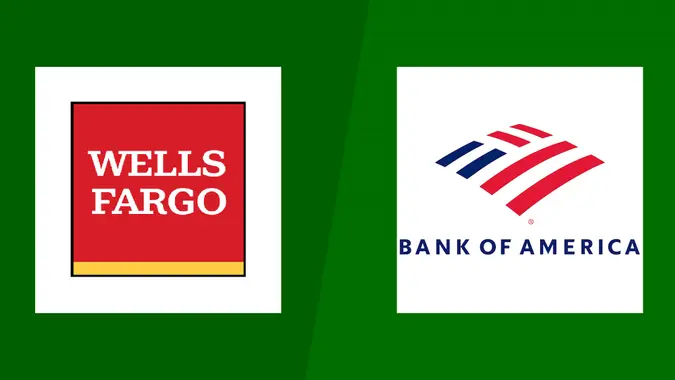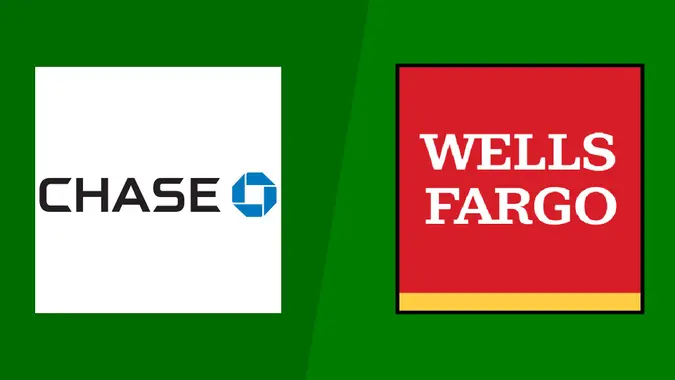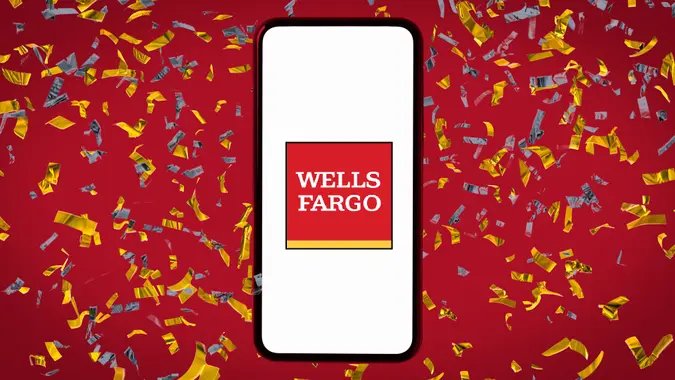How Safe Is Capital One?

Commitment to Our Readers
GOBankingRates' editorial team is committed to bringing you unbiased reviews and information. We use data-driven methodologies to evaluate financial products and services - our reviews and ratings are not influenced by advertisers. You can read more about our editorial guidelines and our products and services review methodology.

20 Years
Helping You Live Richer

Reviewed
by Experts

Trusted by
Millions of Readers
Holding funds at a trusted bank should be a safe experience, but how can account holders really be sure? As the ninth-largest bank in the United States, countless Americans rely on Capital One for secure bank accounts, financing and more. Here’s what account holders should know about the security of their funds.
Is It Safe To Keep Money at Capital One?
Typical account holders are in good hands at Capital One due to the bank’s membership with the Federal Deposit Insurance Corp. This independent federal agency provides insurance for balances up to $250,000, spanning a variety of different accounts and products.
There’s no need to sign up for FDIC insurance, and there are no additional charges. It’s something that account holders receive as soon as they open their account. Even in the case of bank failure, these deposits are protected and will be repaid as quickly as possible by the FDIC.
How Much Deposit Insurance Does Capital One Offer?
One important thing to keep in mind is that the $250,000 FDIC insurance limit is applied per depositor, per insured bank and per ownership category. This means that single, joint, trust and business accounts will each have their own $250,000 limit. However, having multiple accounts within one category counts toward the same threshold.
If a bank does fail, the FDIC does not guarantee reimbursement of any funds beyond the $250,000 limit. However, that doesn’t necessarily mean the money is gone for good. Account holders will receive a claim against the estate of the closed bank and may be repaid, partially or in full, during asset liquidation.
What’s Covered by FDIC Insurance at Capital One?
If you’re wondering which of the personal accounts offered by Capital One are covered by FDIC insurance, you should know that its checking accounts, savings accounts and CDs are covered.
For FDIC-insured banks in general, FDIC insurance covers deposit products, which include accounts and products such as:
- Checking accounts
- Savings accounts
- Money market deposit accounts
- Certificates of deposit
- Prepaid cards (with certain requirements)
Non-deposit products offered by banks are not covered by FDIC insurance, such as accounts and products falling under these categories:
- Stocks
- Bonds
- Mutual funds
- Cryptocurrencies
- Life insurance policies
- Annuities
- Municipal securities
- Safe deposit boxes and contents
- U.S. Treasury bills, bonds or notes
Not sure if a specific account is covered? Account holders can access detailed information about their FDIC insurance through the FDIC’s Electronic Deposit Insurance Estimator. If you have any questions about deposit insurance coverage, simply submit a request to the FDIC Information and Support Center or call the FDIC at 877-275-3342.
How Financially Stable Is Capital One?
Fitch Ratings, an American credit rating agency, has assigned Capital One with an overall stable rating outlook. The long-term rating for Capital One is A-. The agency gave Capital One the best quality grade for short-term (12-month) stability, a grade of F1.
The performance of share pricing and high-profile investments in Capital One also demonstrate overall confidence in the bank’s stability and longevity. While some recent bank failures may have raised concerns across the industry, there is little to no similarity between Capital One and those failed banks.
Is Capital One the Right Choice?
Account holders with Capital One have a variety of protections to give them peace of mind, including FDIC insurance. However, that isn’t the only thing to consider when choosing a bank. When choosing the bank that’s right for you, look at the accounts banks offer and the fees they charge, which banks have the best CD rates and savings account rates, which banks are FDIC insured and more.
Editorial Note: This content is not provided by any entity covered in this article. Any opinions, analyses, reviews, ratings or recommendations expressed in this article are those of the author alone and have not been reviewed, approved or otherwise endorsed by any entity named in this article.
Our in-house research team and on-site financial experts work together to create content that’s accurate, impartial, and up to date. We fact-check every single statistic, quote and fact using trusted primary resources to make sure the information we provide is correct. You can learn more about GOBankingRates’ processes and standards in our editorial policy.
- Federal Reserve. 2023. "Large Commercial Banks."
- FDIC. 2023. "Are My Deposit Accounts Insured by the FDIC?"
- Fitch Ratings. 2023. "Fitch Affirms Capital One at 'A-'/'F1'; Outlook Stable."
 Written by
Written by  Edited by
Edited by 




